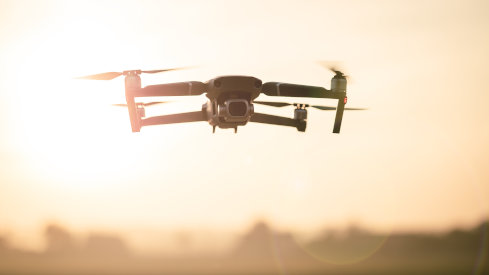Whilst there is no “written law” or open policy about nations swapping prisoners, from time to time a case appears which makes it seem very likely that countries do engage in this practice in some capacity depending on the circumstances.
We look at a recent case which suggests a prisoner swap may well have occurred between a pair of Australian tourists detained in Iran, and an Iranian student detained in Australia.
Aussie travel bloggers flying into trouble in Iran
With drones circling the skies becoming an increasingly common sight, it is hard to imagine the use of a drone leading to a young couple being detained on spying charges.
This is however exactly what happened in Iran to Perth-based Jolie King and Mark Firkin, who had been documenting an extensive travel journey on social media. The pair were alleged to have used a drone to take pictures of “military sites and forbidden areas” in Tehran, according to an Iranian judiciary spokesman.
Drone use with a permit is allowed in Iran but strict conditions specify that it is illegal to fly them over people or large crowds, over the city of Tehran, or over sensitive areas.
Iranian student detained in Australia on conspiracy charges
38-year-old Reza Dehbashi Kivi, an Iranian PhD student at the University of Queensland claimed to be researching the development of a machine to detect skin cancers. In September 2018 however, he was accused of conspiring to export restricted US defence articles to Iran, which could be used to detect stealth planes or missiles.
The US sought his extradition on a range of charges including “aiding and abetting in the exportation of defence articles from the United States to Iran”, and Dehbashi Kivi faced up to 20 years in prison.
The alleged “prisoner swap”
Jolie King and Mark Firkin were recently released from the Iranian prison where they were being held and allowed to return home to Australia.
Whilst the Australian government denies that a deal was made, hours after this announcement, state media in Tehran reported that that Mr. Dehbashi Kivi had been freed to go home after spending 13 months in a Brisbane jail, avoiding extradition to the US.
The attorney general Christian Porter stated that “My decision was made in accordance with the requirements of Australian domestic legal processes and is completely consistent with the powers provided to the commonwealth attorney-general under our law”.


